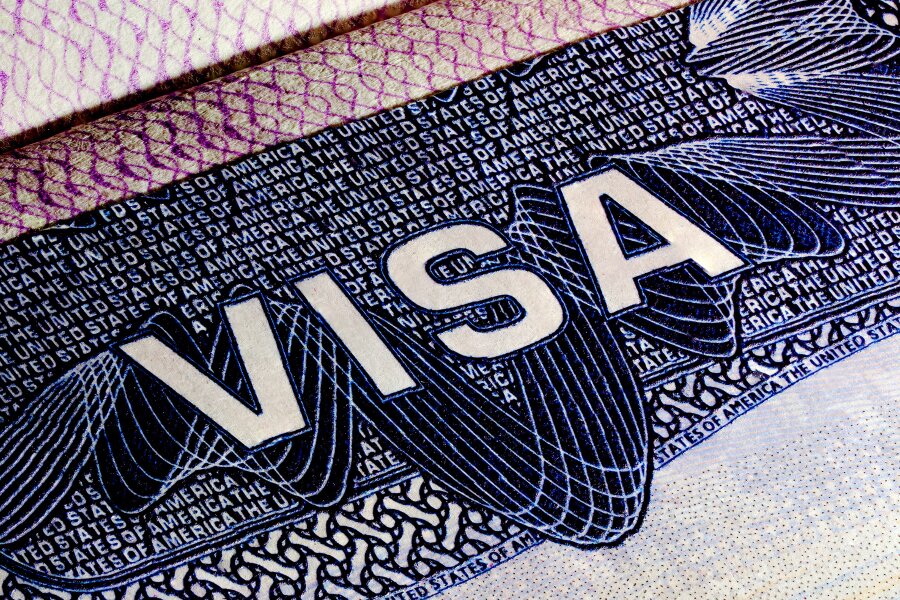The United States will begin collecting a new $250 "Visa Integrity Fee" from most nonimmigrant visa applicants, a policy that has ignited a significant controversy between the federal government and the U.S. travel and tourism industry. The fee was established as part of H.R. 1, the "One Big Beautiful Bill Act," a major piece of legislation signed into law on July 4, 2025. It applies at the time of visa issuance to a wide range of categories, including tourists (B-1/B-2), students (F-1/F-2), exchange visitors (J-1/J-2), and temporary specialty workers (H-1B), among others. The fee is levied in addition to existing visa application and reciprocity fees.
Travelers from the 40-plus countries in the Visa Waiver Program are exempt. The stated purpose of the fee is to serve as a compliance bond, incentivizing foreign nationals to adhere to the terms of their visas and depart the United States on time, thereby reducing visa overstays. The law includes a provision that the fee "may be reimbursed" to individuals who fully comply with their visa status. However, the mechanism for this reimbursement process remains undefined, and its practicality has been widely questioned, especially for 10-year visas. The economic implications of the fee are the subject of a stark disagreement. The Congressional Budget Office (CBO) provided a narrow fiscal estimate, projecting that the fee would generate approximately $2.7 billion in annual revenue for the U.S. Treasury. However, the CBO's analysis does not incorporate "macroeconomic feedback effects". In stark contrast, an analysis by Tourism Economics projects a devastating impact on the broader economy. Their model predicts the fee will deter 5.4% of potential visitors, translating to nearly one million fewer international trips to the U.S. each year.
This reduction in tourism would lead to an estimated $29 billion loss in annual visitor spending, far outweighing the direct revenue from the fee. Industry leaders have described the policy as "mindboggling," particularly for its impact on fast-growing inbound tourism markets like India and Brazil, which are not part of the Visa Waiver Program. Compounding the challenge, Congress has concurrently slashed the budget for Brand USA, the nation's primary tourism marketing agency, from $100 million to just $20 million.
Source: The Economic Times



